Alternative treatments such as music therapy are quickly becoming widely used as successful alternatives and supplements to traditional therapy techniques. The scientific evidence supporting music therapy is one of the most significant reasons this alternative therapy is becoming more accepted as a treatment for many disorders, including addiction and other mental health conditions.
What is Music Therapy?
Music therapy involves utilizing music to address the physical, emotional, cognitive, or even social needs of an individual or a group of individuals. Music therapy isn’t merely sitting in the chair with your headphones on and listening to your favorite songs. It involves various activities, including playing an instrument, drumming, writing songs, guided imagery, and listening to music of all kinds.
One of the most definite benefits of music therapy is that it can benefit people of all ages and all health conditions. You do not need to be physically ill or struggle with a mental illness to benefit from music therapy. Research has shown that music therapy is an effective treatment model for various mental health conditions, including anxiety, depression, trauma, and schizophrenia.
Can Music Therapy be Used in Rehab?
Science has proven that music prompts the brain to release several mood-enhancing chemicals into the body. A trained music therapist can capitalize on these to aid in patients’ medical treatment at the cognitive and physical levels as part of a rehab program. Music therapy is an evidence-based practice that uses music intervention to help clients achieve nonmusical goals.
In a music therapy session, the therapy happens between the therapist and client through music instead of traditional talk therapy methods. A music therapist uses a variety of different music interventions to help address cognitive, physical, emotional, and social needs. The brain changes how it releases chemicals and processes thought patterns through music, helping those with mental health or addiction challenges lead happier, healthier lives.
What are the Benefits of Music Therapy?
Dopamine and endorphins are chemicals released by the brain that significantly impact human mood and emotion. These two chemicals are also notably affected by alcohol and drug use. Dopamine is the hormone most commonly known as the “feel-good” chemical. When the brain releases dopamine, it increases the number of pleasure receptors in the brain that are at the root of several health issues such as anxiety, addiction, behavioral disturbances, mood disorders, and other cognitive disorders. A considerable amount of scientific research has proven that dopamine is triggered as a reward for meeting a desire within the body, such as eating or sleeping. But dopamine is also released while listening to music.
Endorphins are a hormone released by the brain into the body that gives a person a happy state of mind and a sense of euphoria. Science has also shown that music can create this feeling of happiness by releasing this natural chemical into the body. Endorphins are also linked to pain relief. Endorphins, like prescription pain medications such as morphine, stop pain receptors from transmitting messages to the rest of the body. This can be vastly beneficial in addiction treatment as music can help to mimic the effects of other highly addictive drugs on the body and mind.
Music therapy can also help people in rehab develop practical or healthy coping strategies they can use to manage relapse triggers or other challenging symptoms after completing rehab. Music therapy can provide a variety of different coping skills, including breathing techniques, relaxation, and distraction. During a music therapy session, these strategies are taught and practiced, so when a crisis arises, you will know how to utilize these strategies effectively instead of reverting to former coping mechanisms such as drinking or using drugs.
How to Find Music Therapy in San Francisco, CA
On its own, music therapy is not an adequate stand-alone treatment for addiction or mental health disorders. However, when combined with medication, traditional therapeutic models (such as cognitive behavioral therapy, family therapy, and others), it can be a valuable component of an evidence-based, comprehensive treatment plan.
Marina Harbor Detox offers San Francisco holistic addiction therapy combined with evidence-based drug addiction treatment in Northern California.
If you or a loved one suffers from addiction or symptoms of a mental health condition and would like to learn more about the benefits of music therapy, contact a member of our admissions team at Marina Harbor Detox today.


